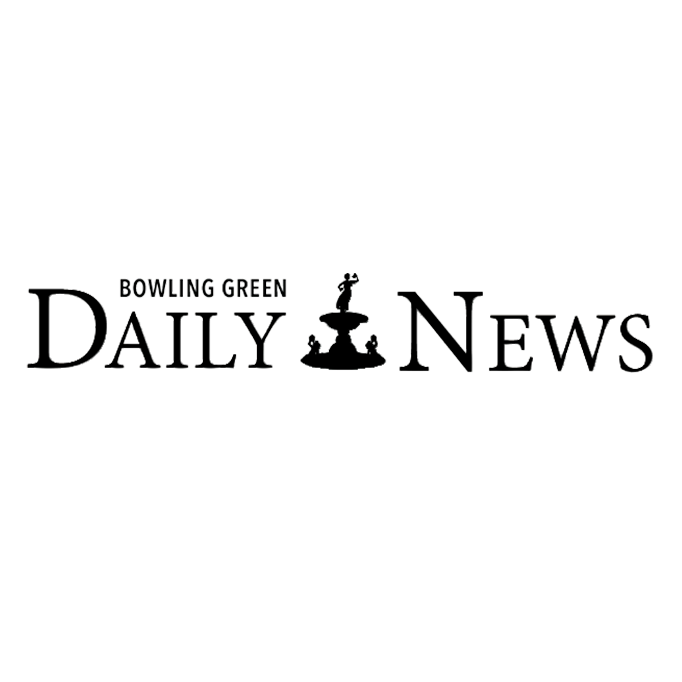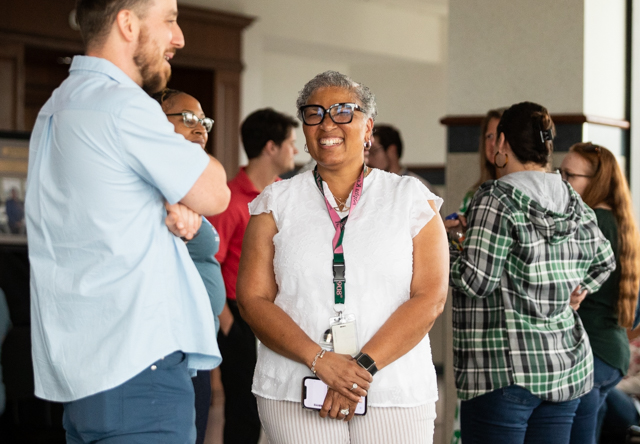BBB warning public to look out for Haitian relief scams
Published 12:00 am Thursday, January 14, 2010
In the wake of international disasters, many donate money to help relief efforts. Unfortunately, some of that money never gets there.
As people try to help victims of the earthquake in Haiti, experts urge them to watch for scam artists, who pose as charities but keep the money they receive.
Trending
“Any major disaster is going to draw scam artists out of the woodwork,” said Charlie Mattingly, president of the Better Business Bureau Louisville branch, which serves western Kentucky. “They follow the news, and they know what’s on people’s minds.”
People always should be familiar with the organization they’re sending money to. They should never send money to a charity they’ve never heard of, experts say.
In fact, some fraudulent charities will use names that are similar to legitimate charities. For example, a scam artist might change a familiar charity’s name from association to enterprise, confusing donors, said Linda Chambers, manager of the BBB Bowling Green office.
People should ask charity representatives whether their donation will be tax deductible, how much money actually will help victims and how the group will use that money.
Donations to good charities tend to be tax deductible, Chambers said, and most charities never give 100 percent of donations to a cause. Most organizations must use some money to cover fundraising and administrative costs, according to the BBB.
And people should be leery of telemarketer solicitations, Mattingly said.
Trending
“Good ones don’t often make calls in emergency situations,” he said. “I would say it’s almost a red flag if someone calls you.”
Residents especially should be suspicious of a telemarketer who pressures them to donate or claims they made previous donations, Chambers said.
“I had one myself this morning,” she said. “They said, ‘We would like you to contribute as you did in the past for $250.’ I have never given (them) $250.”
When that happens, people should never promise to make a donation. They should at least request mailed information about the organization and how it uses its money, Chambers said.
Still, several reputable charities exist. The BBB has a list of trustworthy organizations, which can be found on its Web site at www.bbb.org/charity. Experts suggest people donate to a charity on that list. Some of those accredited charities that are aiding victims in Haiti include the American Red Cross, World Neighbors, United States Fund for UNICEF and Save the Children Federation.
Scam artists are “not just taking money from the people they’re preying on,” Mattingly said. “They’re stealing it from the people who need it – the victims.”
Tips for choosing the right charity
Source: Better Business Bureau
- Donate to a charity that has been evaluated by an expert; be leery of recommendations from other sources, such as bloggers.
- Be cautious of charities that claim 100 percent of donations will help victims.
- Use caution when giving online and when responding to e-mails that include a link to an organization. After the Indian Ocean tsunami in 2004, several fake charities popped up online.
- Find out whether the organization has representatives in Haiti. It might be difficult to provide assistance unless the charity already has workers in the impacted areas. Before donating, make sure the organization describes how it will provide immediate assistance.
- Find out whether the charity is providing direct assistance. Some organizations claim to raise money for other groups. If that’s the case, donors might consider avoiding the middleman and giving to charities that offer direct help.
- Donations, such as food and clothing, might not be the quickest way to help victims. When donating those items, make sure the charity has a full staff and solid distribution plans. Be wary of giving those items to charities that are inexperienced in disaster relief.







